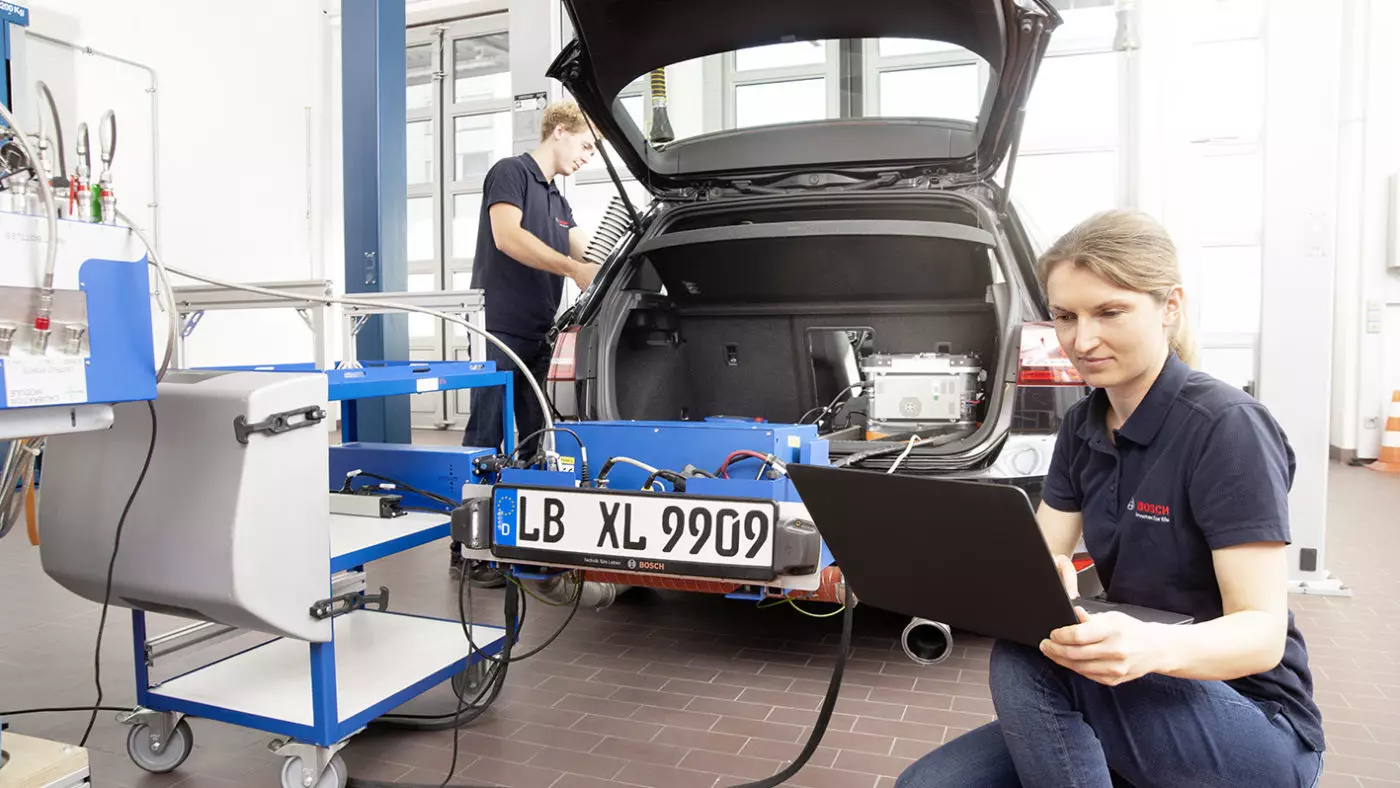THE Bosch announced yesterday a revolution in diesel engines — review the article (the statements of the CEO of the company deserve a careful reading). A revolution that, it seems, is totally based on existing technologies and, therefore, it is a solution that can be applied soon to Diesel engines.
Confirming the effectiveness of this technology, overnight, Diesels come back into play and are once again in a position to meet the most demanding emission targets — some of which arrive as early as September. WLTP, have you heard?
But how did Bosch — one of the companies that was at the epicenter of the emissions scandal — work this miracle? That's what we'll try to understand in the next few lines.

How New Technology Works
Easter is already over but it seems that Bosch has found a way to revive Diesel engines. This type of engine was (and is…) under fire due to the high NOx emissions they emit into the atmosphere — a substance that unlike CO2 is highly harmful to human health.The big problem with diesel engines was never CO2, but the emission of NOx formed during combustion — the particles are already efficiently controlled by the particle filter. And it was exactly this problem, of NOx emissions, that Bosch successfully tackled.
The solution recommended by Bosch is based on a more efficient exhaust gas treatment management system.
Easier goals to overcome
Currently, the NOx emission limit is 168 milligrams per kilometer. In 2020, this limit will be 120 mg/km. Bosch technology reduces the emission of these particles to just 13 mg/km.
The big news about this new Bosch technology is relatively simple. It relies on more efficient management of the EGR valve (Exhaust Gas Recirculation). Michael Krüger, head of the technology development division for diesel engines, speaks to Autocar about “active management of exhaust gas temperature”.
Speaking to this English publication, Krüger recalled the importance of temperature for the EGR to work with maximum efficiency: “ the EGR only works fully when exhaust gas temperatures exceed 200°C” . A temperature that is rarely reached in urban traffic.
“With our system we try to minimize all temperature losses, and therefore we bring the EGR as close as possible to the engine”. By bringing the EGR closer to the engine, it maintains the temperature even when driving in the city, taking advantage of the heat emanating from the engine. The Bosch system also intelligently manages exhaust gases so that only hot gases pass through the EGR.
This will make it possible to keep the gases recirculated in the combustion chamber hot enough, so that the NOx particles are incinerated, especially in urban driving, which is more demanding not only in terms of consumption, but also in terms of maintaining the engine's temperature.
When does it hit the market?
As this solution is based on Bosch Diesel technology already used in the production of vehicles, without requiring any additional hardware component, the company believes that this system should see the light of day soon.
